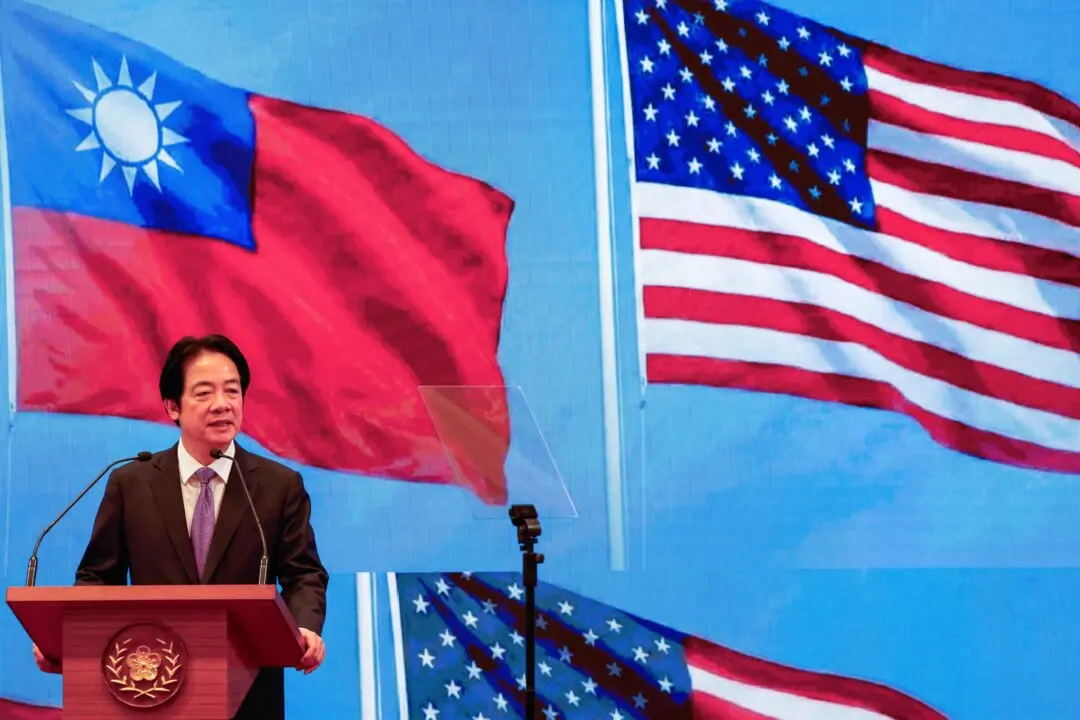Apple has a new iPhone that looks exactly like an older model, but with upgraded innards. First impressions read as follows: Tech reviewers are in raptures over the latest Cupertino marvel; social media users are less than impressed; and Chinese Internet users don’t think that the phone is good enough to warrant a purchase.
Two new products, the iPhone SE (“SE” stands for “Special Edition”) and a new iPad Pro, were unveiled at a media event in Apple’s headquarters at Cupertino, California, on March 21. Both devices have attracted attention for their smaller size—the iPhone SE has a 4-inch screen (Apple’s flagship iPhone 6S is 4.7-inches while the iPhone 6S Plus is 5.5-inches), and the new iPad Pro has a 9.7-inch screen, down from last year’s 12.9-inch model.
Predictably, tech websites trotted out glowing reviews of the iPhone SE, a phone that is virtually indistinguishable visually from the iPhone 5S except for new colors: Wired hailed Apple for reverting to “a masterpiece of design”; TechRadar said the phone’s “exterior is svelte and sleek”; and Engadget called it “a compelling blend of old and new.”
Twitter users offered a more honest take: Many said Apple had rehashed an old design but upgraded the phone specs (the iPhone SE is almost identical hardware wise as the iPhone 6S); some joked about Apple going back to a smaller screen after steadily increasing display size over the years; yet others mocked Apple for failing to innovate on a better power cable.
Meanwhile, Chinese Internet users don’t think the iPhone SE, Apple’s cheapest ever smartphone offering, is worth the money because it simply isn’t trendy enough. In a poll on Sina Weibo, China’s Twitter equivalent, over 1,600 people out of about 6,000 polled indicated that they wouldn’t buy the new device because they won’t look cool with it.
Beijing netizen “Carrot Doraemon” wrote: “It feels like an illegitimate child between the iPhone 6 and the iPhone 5. So ugly.” Others joked that they would rather wipe the dust off their iPhone 5S and carry it around instead.
Other Chinese netizens wondered if Apple was trying to pull a quick one over them. “You recall the iPhone 5s, change its specifications, and sell them to China. And some will fight over the new phone like pigs,” wrote a Sichuan netizen going by the moniker “It’s Just Like Before.”
“Is Apple trying to clean up its inventory,”asked “Weird Pea” from Beijing.
Even Apple CEO Tim Cook came under fire. “Cook is only a businessman. The Steve Jobs effect is fast fading,” wrote “Shooting Up the Sky” from Shanghai.
“Apple is not creative anymore,” added a netizen from Hubei.
Several Chinese netizens noted that the new phone was much pricier in China than in the United States. “Shouldn’t it be 2,590 yuan when it is priced at 399 dollars? It is 700 yuan more expensive when it is sold in China,” lamented “Xiaolin_Alice” from Guangdong. “I should just continue to love my Huawei,” added a netizen from Henan. Huawei is the biggest smartphone maker in China.
Still others felt that China’s infamous counterfeiters could too do an Apple. “The smart people at Huaqiangbei surely can change the iPhone 5S into the iPhone 5SE,” wrote “Liang Xiaoyu Works Very Hard” from Liaoning. A district of Shenzhen, a city in southern China, Huaqiangbei is famous for its huge electronic markets where knockoffs of Western products are commonly found.
The iPhone is a hot commodity in China because many consider it to be a luxury product. In the final quarter of 2015, Apple sales to Great China, including Taiwan and Hong Kong, increased by 99 percent to 12.5 billion.




